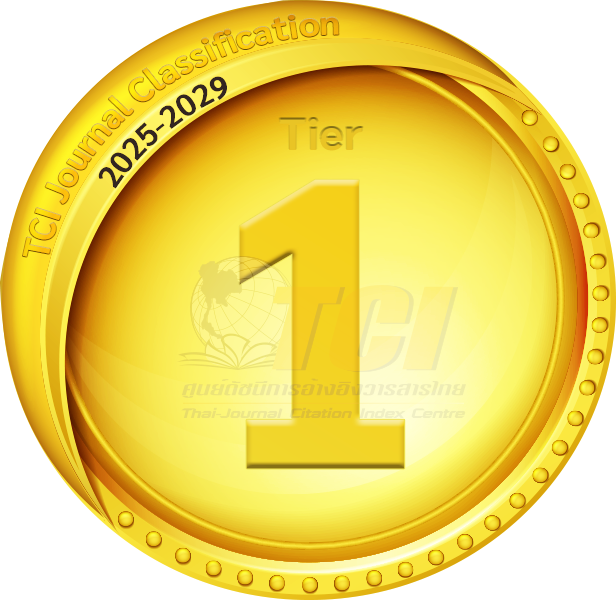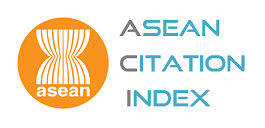Economic Consequences of Corruption
Abstract
Abstract
Transparency International, a non-governmental organization dedicated to fighting corruption, created the Corruption Perception Index (CPI) to measure the degree of corruption for almost every country since 1995. From CPI score data by country, we find that the group of countries with high CPIs (low corruption) comprises those that are well developed and advanced. In contrast, countries with low CPIs (high corruption) are those with low income levels and are less developed. This paper explains how corruption can have a negative impact on the standard of living of people and economic development of a country. Our analysis focuses on market failure caused by corruption. The market failure may be in the form of monopoly, externalities, public goods and imperfect information. These market failures result in a welfare loss or efficiency loss to society, implying that the economic system is unable to perform to its potential. We claim that, through the channel of market failure, corruption can significantly hinder a country’s economic development. Furthermore, it is claimed in this paper that the loss of economic efficiency caused by corruption through the channel of market failure is enormous, and the scale of the damage is much larger than the loss of public money that is generally the focus of existing literature.
Keywords: corruption, Corruption Perception Index (CPI), market failure.

Indexed in


Search